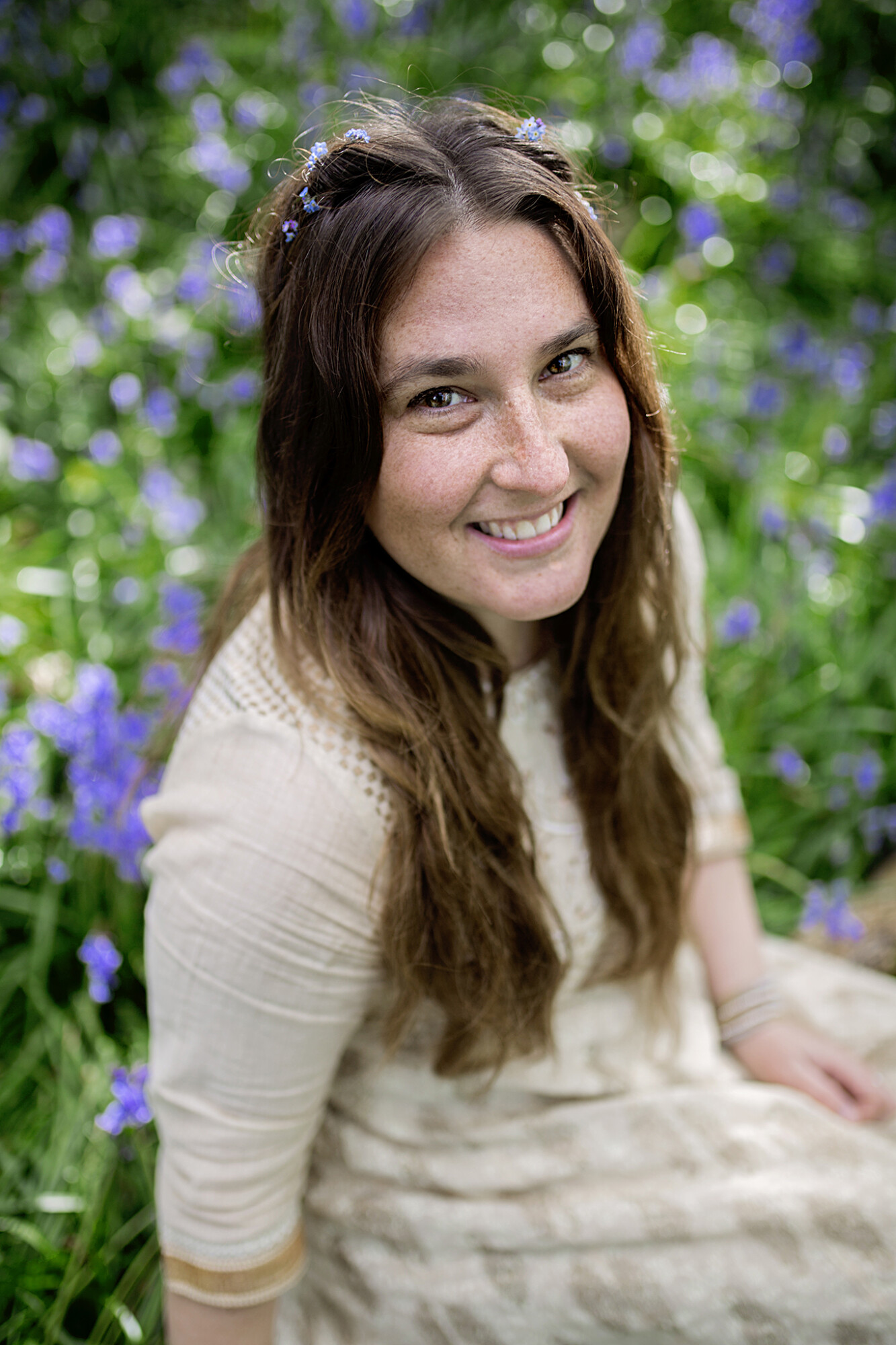The Wind (1928)
Screening as part of From Page To Screen, Bridport’s Film Festival
With live piano accompaniment by Elizabeth Hornby
Lillian Gish gives one of silent cinema’s greatest performances in her role as Letty, a young woman who leaves the cultivated East for the untamed Texas plains to forge a new life, but finds herself battling predatory men, misogyny and the elements. One of the late, great pictures made during the silent era, The Wind is a thrilling psychological thriller told with striking visual imagination and a unique Western villain: the ceaseless whipping winds that drive our heroine to the brink of madness.

Elizabeth has been composing for over 15 years, performing here at the BAC and Electric Palace as well as Exeter Cathedral and touring the West Coast of America and Canada. She has produced stirring, cinematic albums including ‘Lady of Lewesdon Hill’ and ‘Betrothal’. She is relishing the prospect of sharing this new work with audiences in Bridport.
“Preparing for this special event is unlike any challenge I’ve set for myself previously – I am in love with the larger-than-life characters and their emotional worlds. Creating music to suit the many moods of this film is a beautiful experience.”
Dir. Victor Sjöström, USA 1928, 72 mins. With Lillian Gish, Lars Hanson, Montagu Love, Dorothy Cumming.
Gain deeper insight into the film with our curator, Andrew Chater, as he explores its themes, significance, and creative process. Watch the video below to hear his expert perspective.
Reviews
No one would deny that 'The Wind' is a work of art or, after seeing it, cavil much at the opinion of a French critic, who said that Sjöström was capable of making "the most beautiful films in the world".
Gish is every-woman, subject to the most basic male brutality and yet freshly open to the possibility of romance. As a result, the film offers a quintessential cinematic moment of the rarest and most transcendentally pure art.



